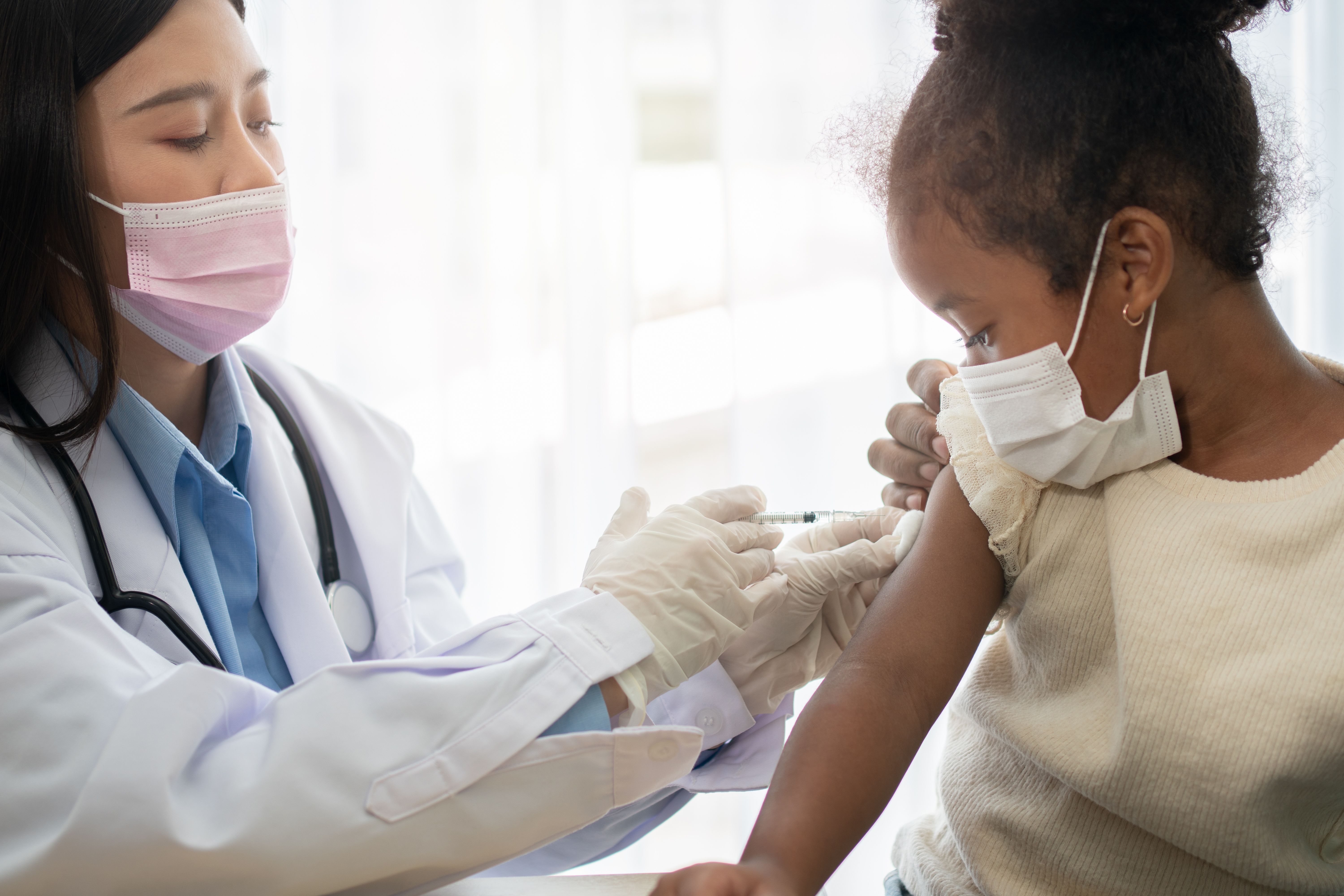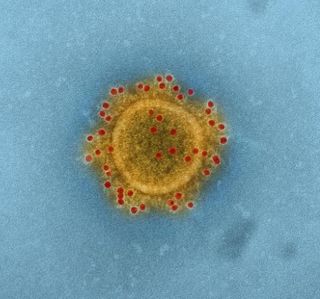
Coronavirus / COVID
Latest News
Latest Videos

CME Content
More News
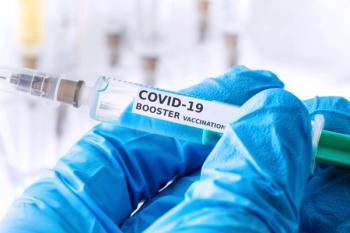
Predicted time to breakthrough infection after mRNA vaccination was significantly longer than the time to breakthrough infection after natural infection or after viral vector vaccination.

CDC attributes a 15% increase in deaths from antimicrobial-resistant infections in 2020 to impacts of COVID-19 on health and healthcare.
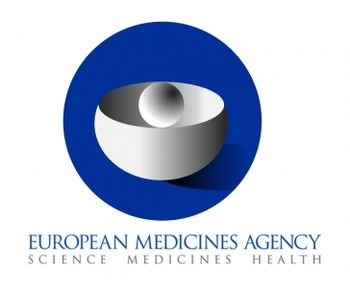
The European agency says there have been “a few cases of anaphylaxis.” The label will also include warnings for paraesthesia and hypoaesthesia.
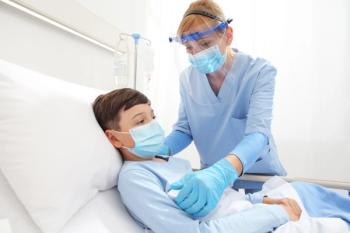
Children and adolescents previously infected with COVID-19 or MIS-C demonstrated insufficient antibody titers and neutralization capability against the Omicron variant.
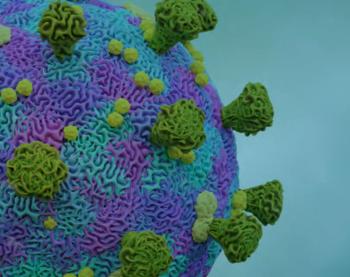
There has been an increase in transmission rates, the release of new White House strategies to address BA.5, and new potential offerings to prevent and treat the virus.

The federal agency says it is indicated as a two-dose primary series for active immunization to prevent the virus in individuals 18 years of age and over.

At 12 months after COVID-19 infection, anti-SARS-CoV-2 spike receptor-binding domain IgG persisted in all age groups.

Receiving a COVID-19 booster vaccine significantly reduced Omicron infections among National Basketball Association (NBA) players and staff.
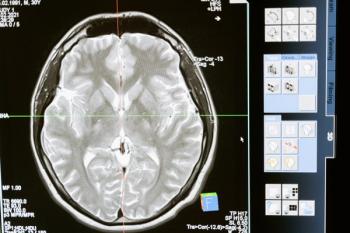
What are the impacts of COVID-19 and other respiratory-based diseases on neurological processes? A new observational study assesses the likelihood of Alzheimer’s, Parkinson’s, and stroke in people who contract COVID-19 as well as influenza and pneumonia.

The company’s investigational mRNA-1273.214 vaccine has now demonstrated significantly higher antibody titers against all tested variants.
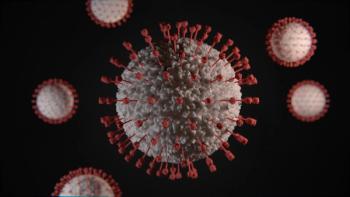
An active viral reservoir of COVID-19 spike protein was detected in 65% of patients with post-acute sequelae of COVID-19.
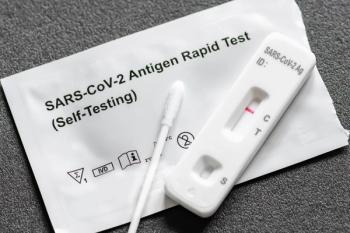
The overall sensitivity of rapid antigen tests was 63%. However, the tests had a limited ability to detect asymptomatic Omicron infections.

Health care workers in Italy infected with SARS-CoV-2 were less likely to develop long COVID symptoms if they were fully vaccinated and boosted with an mRNA vaccine, a recent study found.
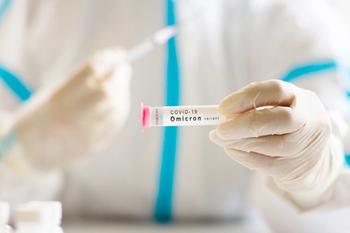
Omicron significantly diminishes the protective abilities of both natural immunity and vaccine-granted immunity.
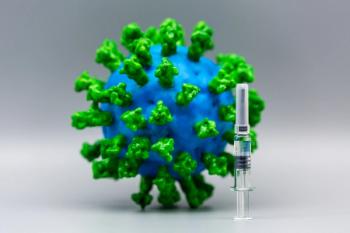
From December 2020-September 2021, approximately 27 million COVID-19 infections, 1.6 million hospitalizations, and 235000 deaths were prevented by vaccination.

Treatment with the novel antiviral sabizabulin reduced COVID-19 death by 55.2% in hospitalized patients with moderate to severe disease.

The revised Emergency Use Authorization (EUA) for Paxlovid (nirmatrelvir and ritonavir) allows these providers to offer this COVID-19 therapy.
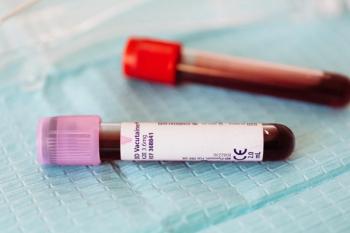
The commitment to ending the HIV epidemic endures, despite drops in testing and new diagnoses during the COVID-19 pandemic.

Here is a rundown of the most popular and significant stories we covered this past week.
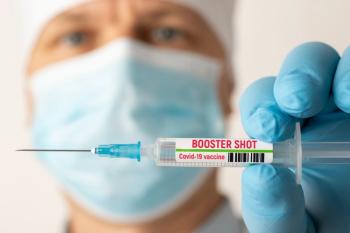
Antibody levels decline in individuals with hybrid immunity similarly to vaccinated individuals, meaning all people need a booster vaccine to protect against future, potentially severe, infection.

Maternal mortalities increased 33.3% during the COVID-19 pandemic, while overall deaths increased 22%. Excess deaths were most prevalent in Hispanic and Black mothers.

The submission is based off both non-clinical and clinical data, including results from the phase 2/3 EPIC-HR study.
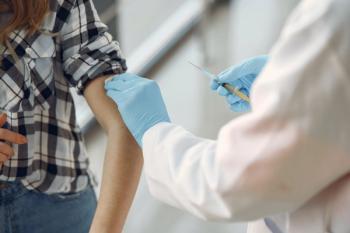
A computational framework for estimating vaccine effectiveness based on genetic differences of SARS-CoV-2 variants showed promising results in a new study that verified the model with clinical trial data.

Many people who self-report as symptomatic for COVID-19 neglect to get tested, largely citing not knowing where to go for a test as the reason.

A new analysis from a Massachusetts health system found in-hospital infections occurred at a higher rate when the Omicron variant was present compared to when wild-type SARS-CoV-2 was prevalent.





